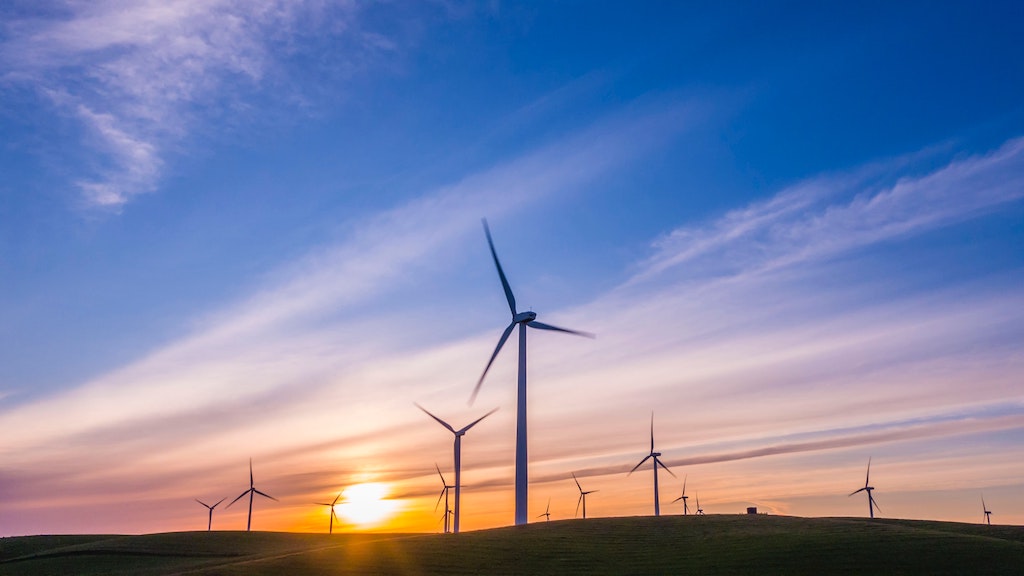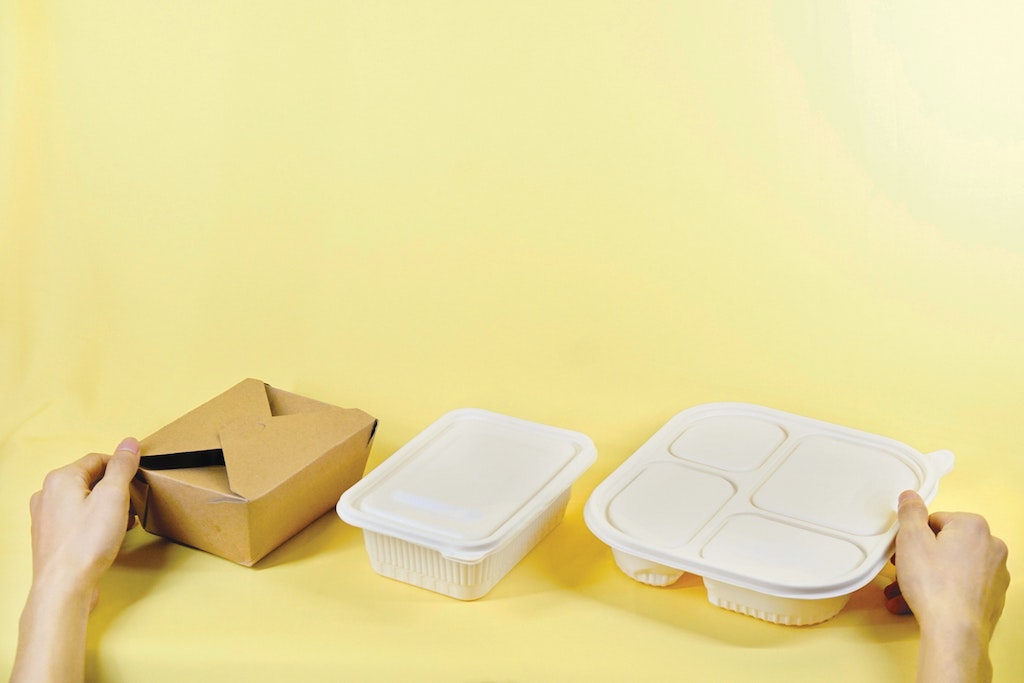4 Mins Read
Hong Kong-headquartered investor and accelerator Brinc has just partnered with Halo Impact to launch a new Circular Economy Accelerator Program. Dedicated to tech-forward circular economy solutions across a number of industries, the new program will accelerate much-needed solutions for everything from renewables to sustainable packaging with startups receiving up to $100,000 in funding and access to mentorship, experts, a customized curriculum, and post-program support that continues well beyond the program.
In the below Q&A, Green Queen Media speaks to Brinc and Halo Impact about the accelerator’s climate-forward mission, how they choose the companies to bet on and whether a 100% circular economy is truly possible.
GQ: The program is tackling some pretty big issues from plastic waste to the more general climate crisis. Can you share more about this ambition? Shouldn’t every company be committed to solving the climate crisis at this late stage in the game?
Brinc: Absolutely! This is core to our investment thesis. As the climate continues to change at unprecedented speed, we have made a commitment to invest only in founders that understand the importance of climate action in their business actions and are building better, more sustainable alternatives to slow down the effects of climate change. We believe that consideration for the environment is no longer a nice-to-have, but a must-have as the climate crisis worsens, and should be considered across all industries rather than in a siloed approach. Through our different accelerator programs, Brinc plans on investing in over 1,000 climate-conscious investments over the next five years to empower our founders, or game-changers, to solve the biggest challenge we are facing collectively.

GQ: Can you share more about Halo Impact? What is it? What are some of your biggest successes as a company so far?
Halo Impact: Halo Impact started out as a solutions group. We work with our network of innovation teams to create and provide solutions to corporates helping them become more sustainable in their products, packaging and supply chain. We’ve been helping tackle everything from the plastic polybag issue in the fashion world (180 billion issues to be exact) by co-developing a number of eco-friendly alternatives; to offering apparel companies alternative options to synthetic materials; to eliminating single-use plastics within the F&B industry. We work with technologies or materials that we believe to be groundbreaking and help get them to market.
We now see huge value in the venture arm of our business too which provides both capital and business support to these companies in the slightly earlier stages of development.
GQ: When you are doing your due diligence on the teams, how do you decide who to bet on? What makes a winning team?
Brinc: It’s a combination of factors, but one of the most important things we always look for is an outstanding team and the complementary skills of the co-founders. On top of previous fundraising, commercial traction and technical milestones achieved, we take the time to get to know the founders and their why – strong motivation and resilience are crucial for startups that go on to succeed. We also consider a team’s ability to execute – this is less about what their stated KPIs actually are and more about whether or not they are actually able to achieve them in the timeframe initially provided. Lastly, look for an unfair advantage, whether the solution is truly differentiated compared to its others on the market, and whether it solves a problem that desperately needs to be solved.
GQ: Do you think an entirely circular economy is truly possible?
Halo Impact: I think it is possible to get extremely close. When you look at the work of groups like the Ellen Macarthur Foundation and others, you begin to realise what is possible when different stakeholders all collaborate around one mission. Circular business models are changing industries for the better and they are being replicated across multiple regions. So if we can achieve one zero-waste city then I don’t see why the rest can’t follow.

GQ: What kind of products/solutions are you looking for that you haven’t come across as of yet?
Halo Impact: We see a lot of new alternative materials and natural fibre solutions that appear great, however, often they aren’t scalable, or if they are mass-produced it suddenly becomes a particularly unsustainable option.
We look for business models, materials or technology that can work with partners and supply chains at scale. After all, that is what we are trying to achieve, a big impact, so it needs to be able to cater for that intention.
GQ: Where are Brinc and Halo Impact’s biggest add value for this vertical? Can you share more about partners and advisors for the program?
Brinc: We have built an entire ecosystem around helping early and growth-stage companies succeed. Ranging from mentors, investors, corporate partners, scientists, universities… our network is curated with those who are mission-aligned to support the growth of our startups. We add value by taking a very customised approach to helping our founders solve a problem set that is ever-evolving, and supporting our founders not only throughout the program but beyond.
Learn more about the new Circular Economy Accelerator Program.
All images courtesy of Unsplash.



